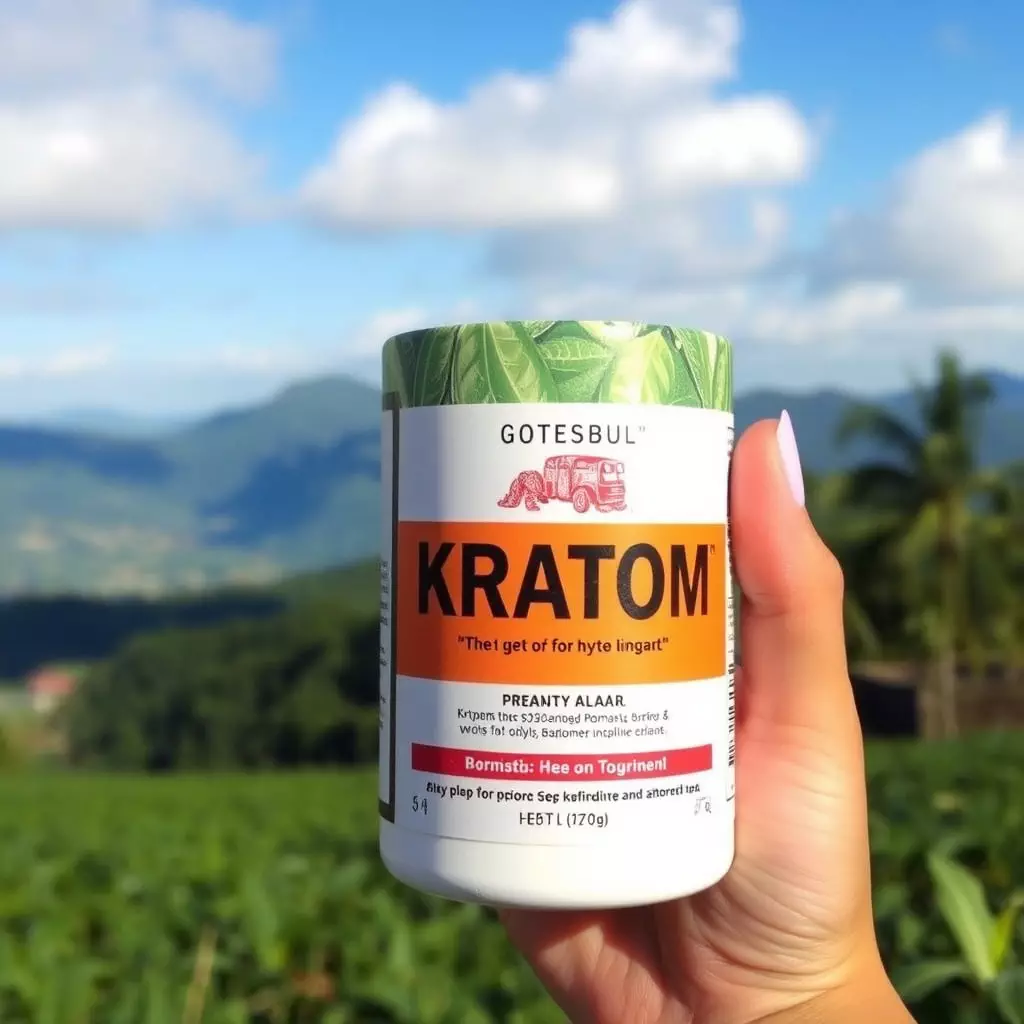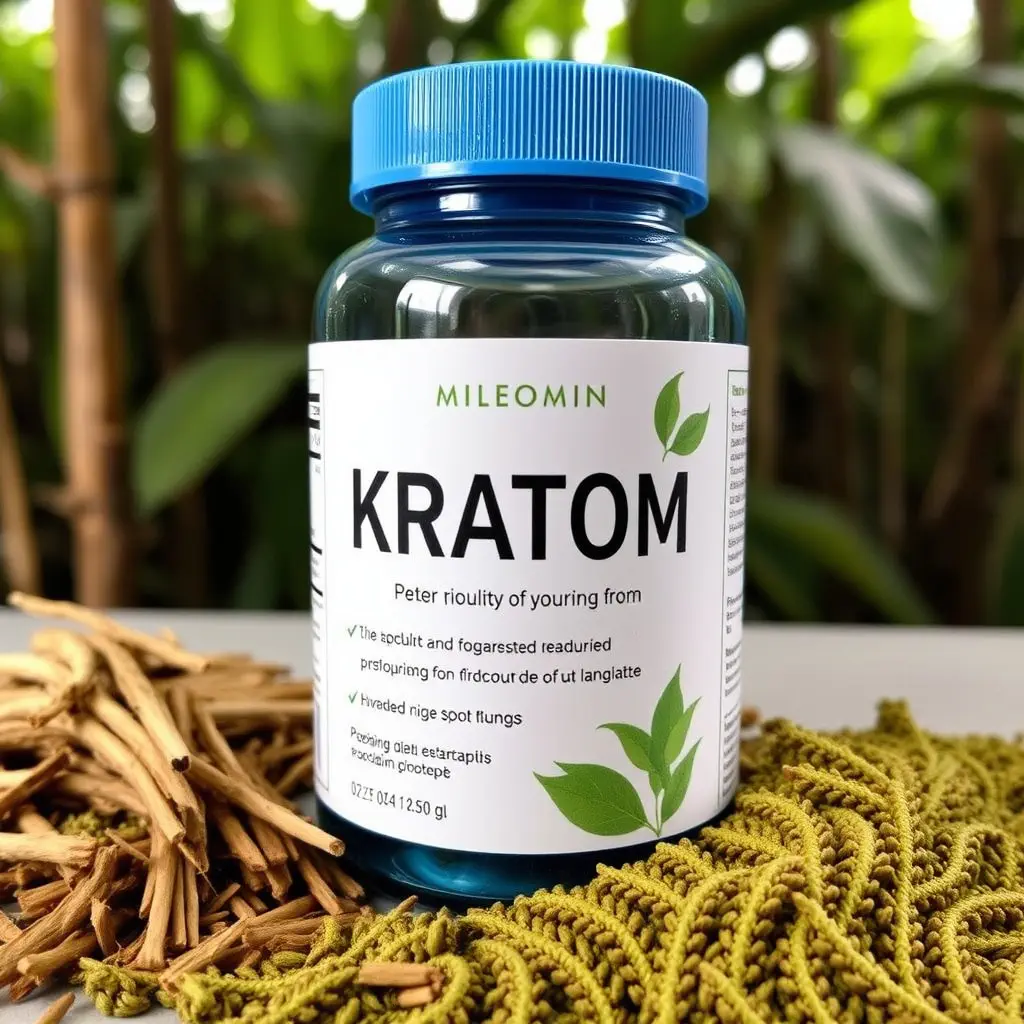Kratom, a plant from Southeast Asia, contains alkaloids like mitragynine and 7-hydroxymitragynine, which have been studied for their effects on physical conditioning. In Louisiana, kratom's legal status is complex; it's classified as an analogue of a controlled substance under the Uniform Controlled Substances Act, making its possession and use illegal. For those considering kratom for fitness, it's crucial to be aware of these legal restrictions. Kratom may offer benefits such as increased energy, pain relief, and improved mood, potentially enhancing workout performance by modulating neurotransmitters. However, individual responses vary, and the substance is subject to legal change due to ongoing assessments. Users should stay informed about legislative updates, consult healthcare professionals, and consider personal health, the nature of their exercise regimen, and potential side effects before incorporating kratom into their fitness routine. In Louisiana, while there have been legislative attempts to reclassify kratom, as of the latest information, it remains classified under the state's Comprehensive Drug Act, which users must navigate carefully. To ensure legal compliance and safe use, it's essential to verify the current status of kratom in Louisiana and to tailor its use with professional guidance for optimal performance and health benefits.
explore the multifaceted relationship between kratom and peak physical conditioning, offering insights into how this botanical substance can potentially augment workout performance. Our article dissects the impact of kratom on athletic endeavors, providing a comprehensive analysis that includes understanding its effects, navigating the legal landscape, particularly focusing on “is kratom legal in Louisiana,” and crafting a safe, effective workout regimen with kratom as an adjunct. This guide aims to empower readers with the knowledge needed to harness kratom’s potential while adhering to local regulations.
- Understanding Kratom and Its Impact on Physical Conditioning: A Comprehensive Analysis
- Navigating the Legalities of Kratom Use in Louisiana: Is Kratom Legal in Louisiana?
- Crafting a Safe and Effective Workout Regimen with Kratom as an Adjunct: Guidance for Enhanced Physical Performance
Understanding Kratom and Its Impact on Physical Conditioning: A Comprehensive Analysis

Kratom, a tropical tree native to Southeast Asia, has garnered attention in various health and wellness communities for its potential impact on physical conditioning. The leaves of the kratom tree contain compounds called alkaloids, primarily mitragynine and 7-hydroxymitragynine, which have been the subject of interest due to their effects on the body’s systems. In terms of legal status, the question “is kratom legal in Louisiana?” is a pertinent one, as its regulatory standing varies across different states within the United States. In Louisiana, kratom is classified as an analogue of a controlled substance under the Uniform Controlled Substances Act, rendering it illegal at the state level. This legal classification is important for consumers to understand, as it influences access and the legality of using kratom as part of one’s fitness regimen.
The effects of kratom on physical conditioning are multifaceted, impacting both endurance and strength. Users often report increased energy levels and reduced perception of pain, which can enhance performance during workouts. Additionally, kratom may modulate the release of neurotransmitters like dopamine and serotonin, potentially elevating mood and motivation to exercise. However, it’s crucial for athletes and fitness enthusiasts to approach its use with caution, as the substance can be potent and its effects individualized. The interplay between kratom and one’s personal health profile, the intensity of the workout regimen, and the legal considerations in their jurisdiction must all be taken into account when considering kratom as a tool for optimizing physical conditioning. Users should also be aware of the potential for side effects and interactions with other substances, and consult with healthcare professionals before integrating kratom into their fitness routines. Understanding the nuances of kratom’s impact on physical performance and its legal status is essential for a safe and informed approach to its use in conditioning regimens.
Navigating the Legalities of Kratom Use in Louisiana: Is Kratom Legal in Louisiana?

In recent years, the legality of kratom has been a subject of intense debate and varying regulations across different states in the United States. As of the current knowledge cutoff, kratom’s status in Louisiana is nuanced. While the state has not explicitly banned kratom outright, it does fall under the jurisdiction of the Comprehensive Drug Act, which includes kratom as a Schedule I controlled substance. This classification can impact how kratom products are sold and consumed within the state’s boundaries. It is imperative for individuals interested in using kratom to stay informed about local legislation, as laws can change. In 2016, House Bill 769 was passed, which limited access to kratom by classifying it under the Comprehensive Drug Act. However, there have been subsequent efforts to reclassify or regulate kratom differently, reflecting the ongoing dialogue about its legal and medicinal implications. Consumers should be aware that while kratom is legally available in Louisiana, its future regulation will likely continue to evolve, influenced by scientific research and public opinion. Those considering kratom as part of their health regimen are encouraged to monitor updates from state legislators and follow guidance from authoritative sources to ensure compliance with current laws.
Crafting a Safe and Effective Workout Regimen with Kratom as an Adjunct: Guidance for Enhanced Physical Performance
When integrating kratom into a workout regimen for peak physical conditioning, it’s crucial to first understand its legal status in your region. For instance, as of my knowledge cutoff in early 2023, is kratom legal in Louisiana? The legal landscape regarding kratom can vary by state and locality, so it’s imperative to verify the current laws where you reside before proceeding. Assuming kratom is legal in your area, its use as an adjunct to exercise can be both beneficial and risky if not approached with caution. Kratom, a natural substance derived from the leaves of the Mitragyna speciosa tree, has been reported to influence physical endurance and recovery through its alkaloids, which may stimulate or sedate depending on the dose. To craft a safe and effective workout regimen with kratom as an adjunct, one must consider the strain of kratom—white, green, or red vein—and the dosage, timing, and frequency that align with individual fitness goals and physiological responses.
For enhanced physical performance, it’s advisable to start with a lower dose of a stimulating strain like white vein kratom about 30 minutes before beginning your workout. This can help in increasing energy levels and reducing perceived exertion. It’s important to monitor your body’s reaction to ensure you remain within the spectrum of safe usage, as individual sensitivity to kratom can vary greatly. Additionally, pairing kratom with a balanced diet, proper hydration, and adequate rest is essential for optimal performance and recovery. Always consult with a healthcare provider or a fitness professional experienced in the use of kratom before incorporating it into your exercise routine. Together with a well-designed workout plan tailored to your fitness level, kratom can be a valuable tool for those seeking to enhance their physical conditioning safely and effectively.
Incorporating kratom into a physical conditioning regimen can be a nuanced approach, one that requires careful consideration of its legal status and safe application for enhanced performance. Our comprehensive analysis has illuminated the potential benefits and risks associated with kratom when used as part of an exercise routine, while also navigating the complex legal landscape governing its use, particularly in Louisiana, where individuals seek clarity on the legality of kratom. With the proper understanding and a well-crafted workout plan that takes into account the unique effects of kratom, athletes and fitness enthusiasts can explore this supplement’s potential to improve their physical conditioning within the bounds of the law. It is crucial for anyone considering incorporating kratom into their fitness journey to consult with healthcare professionals and adhere to local regulations regarding its use.






